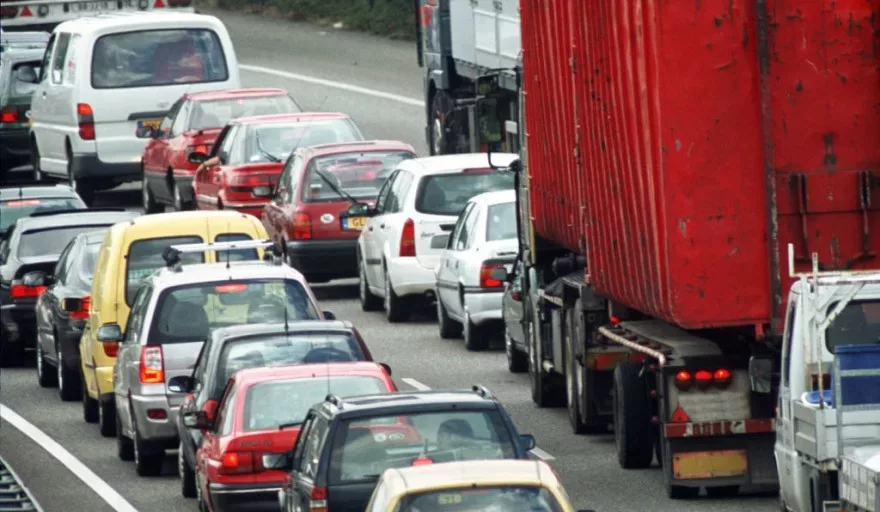China aims to take 6 million cars off the road in an attempt to improve air quality in smog-hit regions.
China’s Government has revealed plans to remove up to 6 million vehicles off the roads if they do not meet emission standards. The move is an attempt at reducing the country’s pollution problems. The plan also outlines emission targets for various industries to meet in the next two years, as the council admits that many of the targets set for the 2011-2013 period haven’t actually been met and that efforts need to be increased.
One fifth of the vehicles to be scrapped will be sourced from the northern regions of China, currently the area hit worst by pollution. For example, the Hebei province has been targeted to scrap 660,000 vehicles, Beijing 333,000 and 160,000 in Shanghai. On top of this, next year, 5 million vehicles are set to be scrapped in highly developed regions like Yangtze River Delta, the Pearl River Delta and the smog-choked region of Beijing-Tianjin-Hebei. It has been stated by The Ministry of Environmental Protection that 7.8% of cars on China’s roads do not meet the minimum national standards. The state news agency, Xinhua, published that 31.1% of air pollution in Beijing comes from vehicle exhaust emissions and the removal of older vehicles from the roads may not only reduce energy consumption but may help to reduce emissions of sulphur dioxide by 2% and nitrogen oxides by 5% per year.
The plan stated that: “Strengthening control on vehicle emissions will be a major agenda item for the country’s energy savings, emissions reductions, and low-carbon development during the next two years.” The plan said that the government plans to reduce coal consumption and introduce more green technologies instead. On top of these guidelines, the state council also released plans to increase food safety. In a statement, the council said they are also tackling water and soil pollution and are implementing punishments for those caught using banned pesticides. This news comes at a time when China has become notorious for its levels of pollution; a recent government report estimated that 20% of the country’s farmland is polluted and the land and resources ministry has said that nearly 60% of groundwater is polluted.




















